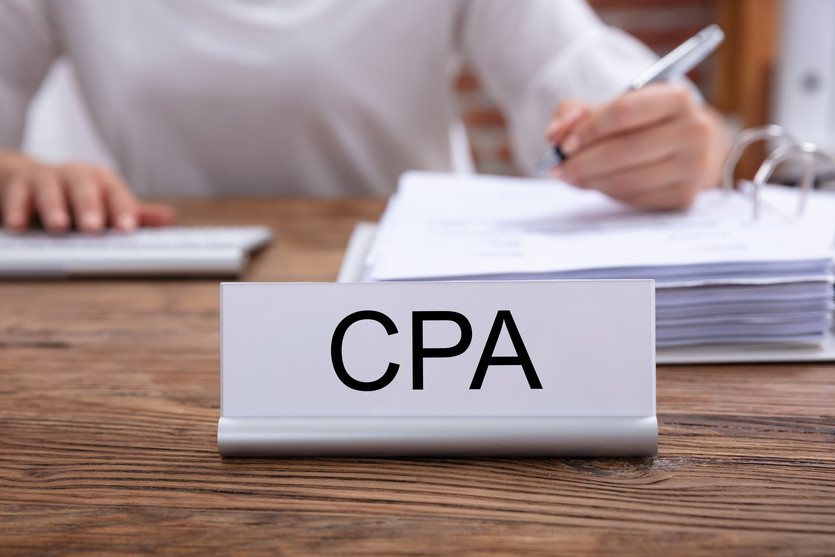From the March/April 2019 issue of New Jersey CPA magazine (njcpa.org/newjerseycpa)
By Karly Clark, CPA, Citrin Cooperman & Company, LLP

Individuals interested in an accounting career seem to share the same question: Why is it important to get a CPA license? Becoming a CPA is a time consuming, costly and overall difficult process. You must pass four Exam sections that are four hours each in a specific timeframe along with fulfilling extensive educational and experience requirements to obtain your license. You must pay approximately $200 for each Exam section, work through numerous multiple-choice and task-based simulation questions, and anxiously wait for results.
So, what are the benefits of working toward this designation? Quite simply, it will help you gain prestige, improve your professional development and enhance your financial prospects. Here is what can be gained:
- Respect from colleagues. Passing the CPA Exam requires perseverance and knowledge. According to exam results published by the AICPA in 2018, approximately 50 percent of candidates did not pass. Fellow colleagues have congratulated me for passing the Exam, and those who have taken it have commented on how rigorous the process is. CPA licensure proves to your employer you are motivated to advance your career.
- Respect from clients. Clients feel more comfortable paying a professional for a service that is certified rather than not. The designation serves as reassurance that the individual is competent and ethical. This does not mean individuals without a CPA are less capable, but from a client’s perspective, when choosing between two accountants of the same experience, education and price, one accountant having a CPA designation may influence the choice.
- Enhanced skills. The CPA Exam is designed to test an individual’s ability to not only remember and understand concepts, but also to apply, analyze and evaluate. Mastery of these skills can be directly applied to the daily tasks of an accountant. On numerous occasions, I have found myself thinking, “I learned this when studying for the CPA Exam!”
- Better time management. The CPA Exam requires time management skills. For one, you must pass all four sections within 18 months with a minimum score of 75. Because of these requirements and restrictions, time management is key, especially for those working full time. I was used to cramming for my exams in college, but the CPA Exam has trained me to plan ahead and better manage the time I have outside of work and personal obligations. Moreover, you are allotted only four hours to complete the various multiple-choice questions and task-based simulations (along with the written communications for BEC). Colleagues have told me how the Exam helped them understand how much time should be spent on a problem and they have been able to apply that thought process to tasks at work.
- Higher education. To qualify for a CPA license, you must obtain a total of 150 semester hours that include 27 semester hours in accounting, as well as a minimum of a bachelor’s degree from an accredited school (click here for full details). The requirement to obtain 150 semester hours has encouraged individuals to pursue graduate degrees, which they may not have done otherwise. I have colleagues who chose to obtain their Masters in Taxation, and they are valued for it in the profession.
- Higher salaries. CPAs are known to make more money than non-CPAs. How much more? The AICPA noted, “According to Robert Half’s 2017 Salary Guide for Accounting and Finance, professionals with a graduate degree or certifications (like a CPA license) make 5 to 15 percent more.” Additionally, your employer may offer cash bonus incentives and/or reimbursement for Exam-related costs.
- Job opportunities. Job postings for managers and executives typically include the CPA designation as a requirement. Opting out of pursuing your CPA will restrict you from these opportunities. It could also limit your ability to be promoted with your current employer. If you are new to the profession and are on the fence about the CPA designation, you may be limiting your career options.
For those planning a career in the accounting profession, 2019 is the year to pursue your CPA license to invest in your future. You can do it!
Karly Clark, CPA, is a tax supervisor at Citrin Cooperman & Company, LLP. She can be reached at kclark@citrincooperman.com.
